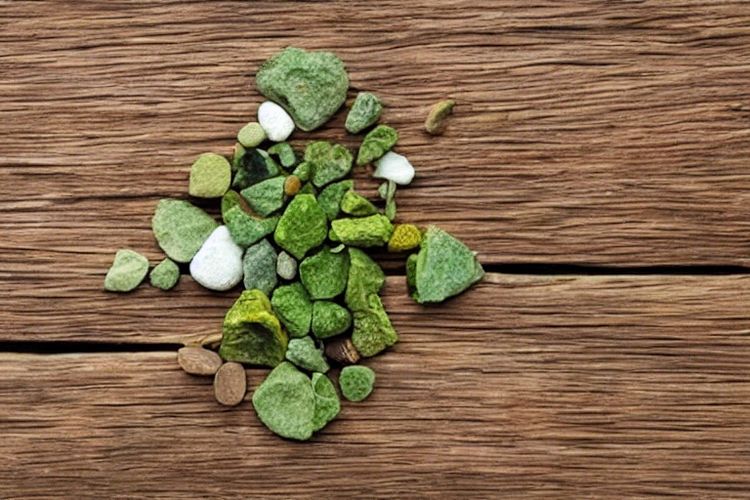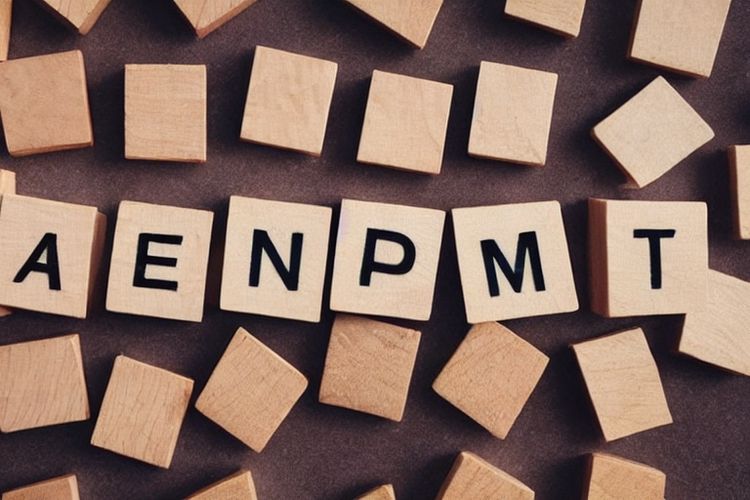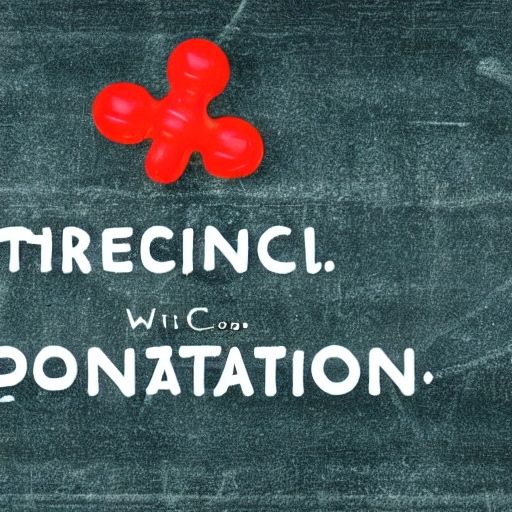Empowering Yourself: Alternative Approaches to Coping with Anxiety and Depression

Empowering Yourself: Alternative Approaches to Coping with Anxiety and Depression
Anxiety and depression are two mental health conditions that have become increasingly prevalent in today’s fast-paced world. According to the World Health Organization (WHO), more than 264 million people worldwide suffer from depression, while anxiety affects around 284 million individuals.
While there are traditional methods of treatment, such as therapy and medication, some individuals prefer alternative approaches to cope with these conditions. These alternative methods focus on empowering oneself to manage anxiety and depression, allowing individuals to take an active role in their mental health journey. Here are some alternative approaches that you can consider:
1. Exercise and Physical Activity:
Engaging in regular exercise has been proven to boost mood and alleviate symptoms of anxiety and depression. Physical activity releases endorphins, the brain’s “feel-good” chemicals, which act as natural mood lifters. Incorporating activities like walking, jogging, swimming, or yoga into your daily routine can have a significant positive impact on your overall well-being.
2. Mindfulness and Meditation:
Mindfulness and meditation practices are gaining recognition as effective tools for managing anxiety and depression. These techniques involve focusing your attention on the present moment, becoming aware of your thoughts and bodily sensations without judgment. Studies have shown that practicing mindfulness regularly can reduce symptoms of anxiety and depression and improve emotional well-being.
3. Herbal Remedies:
Some individuals find herbal remedies helpful in managing their anxiety and depression symptoms. Herbs like St. John’s Wort, Lavender, and Chamomile are believed to have calming properties and can promote relaxation. However, it is essential to consult with a healthcare professional before using any herbal remedies, as they may interact with medications or have side effects.
4. Art Therapy:
Expressing oneself through art can be a therapeutic and creative way to cope with anxiety and depression. Engaging in activities like painting, drawing, or crafting allows individuals to explore their emotions, reduce stress, and find a sense of calm. Art therapy is often used in conjunction with other traditional forms of therapy to improve mental well-being.
5. Aromatherapy:
Aromatherapy involves the use of essential oils to promote relaxation and ease symptoms of anxiety and depression. Oils like lavender, chamomile, and bergamot are known for their calming properties and can be diffused, applied topically, or added to bathwater. However, it is crucial to use essential oils safely and according to recommended guidelines.
6. Social Support:
Building a support system is a crucial aspect of managing anxiety and depression. Surrounding yourself with understanding and compassionate individuals can provide encouragement, validation, and a sense of belonging. Joining support groups, seeking out therapy groups, or engaging in online communities related to mental health can provide a safe space for sharing experiences and finding support.
It is important to note that while these alternative approaches can be beneficial, they are not meant to replace professional help. If you are struggling with anxiety or depression, it is essential to consult with a mental health professional for diagnosis, guidance, and a personalized treatment plan.
Ultimately, empowering yourself to manage anxiety and depression involves finding what works best for you. Experimenting with different approaches and incorporating them into your routine can help you discover a combination of methods that provide relief and enhance your well-being. Remember, everyone’s journey is unique, and it’s essential to be patient and compassionate with yourself along the way.



